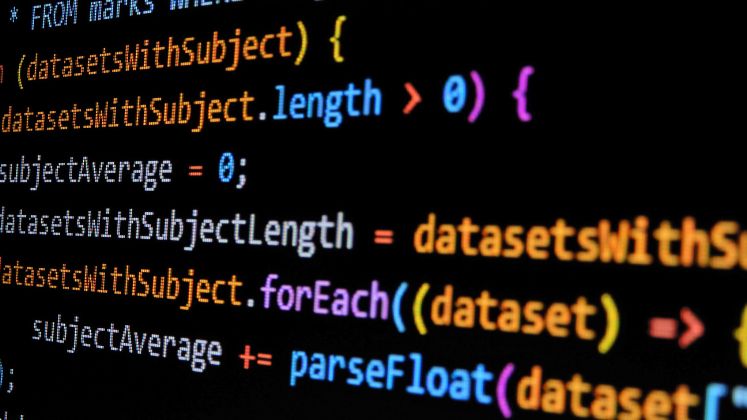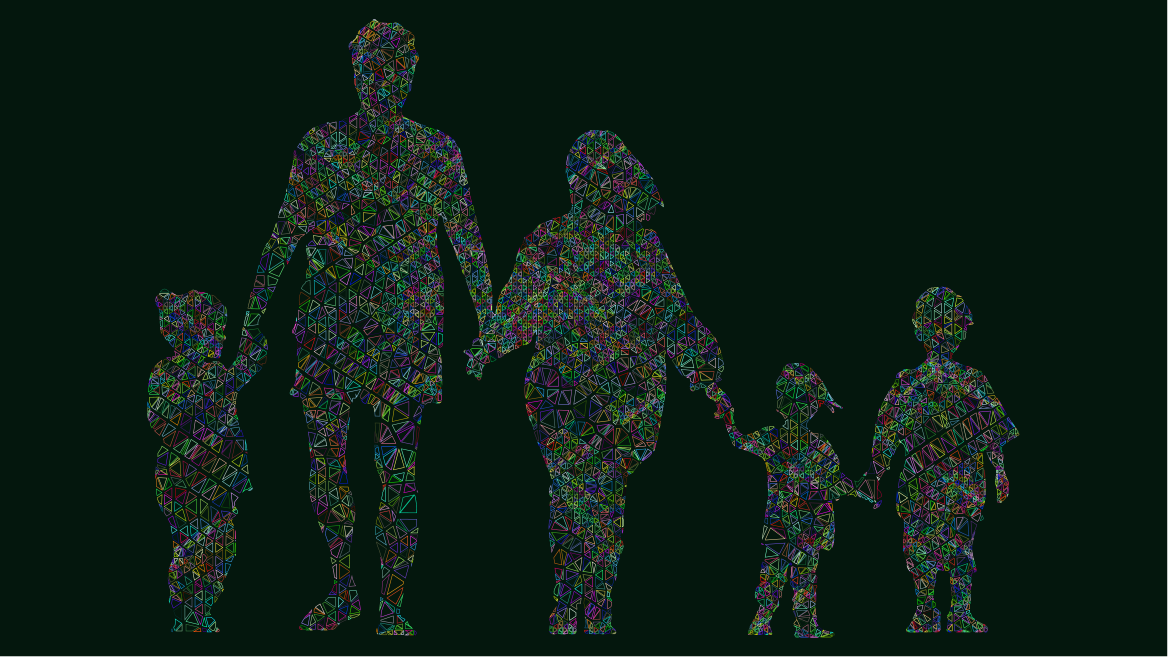Research and media stories often highlight how digital technologies have had a negative impact on our lives. But what might it mean to set out a vision of the ‘digital good’? Director of a new ESRC-funded network focused on the digital good, Helen Kennedy, outlines key debates in the field and how working across disciplines, industry and wider society can help to set out a shared notion of the digital good.
Digital technologies have never been more important, but do even the best-intentioned technologies help us to lead good lives?
Dating apps enable romantic connections, but are also used to harass, and so can be detrimental to mental health. Automation and AI make institutions more efficient, but also discriminate – think of the A level results fiasco in 2020 in the UK. Social media platforms moderate content to limit self-harm, but they also deny users access to communities of wellbeing support in the process. And all of these digital relationships have both positive and negative effects on the planet.
The fact is that digital technologies are not always good for people and societies. As the new ESRC Digital Good Network, we are seeking to build an interdisciplinary research community focused on what a good digital society looks like and how we get there.
The apparently simple question ‘what does a good digital society look like?’ is deceptively complex.
The apparently simple question ‘what does a good digital society look like?’ is deceptively complex. Digital-for-social-good initiatives abound (in data, statistics, government, drones) and policy emphasises the need for digital technology deployments to have good societal outcomes. In the UK, the National Data Strategy emphasises responsible, fair and ethical data uses; the National AI Strategy focuses on protecting publics and values; and the Online Safety Bill aims to minimise digital harms.
And yet good outcomes are not guaranteed. Government-sponsored algorithms downgraded students from state schools. Social media policies designed to moderate content on eating disorders end up pushing the content underground and cause more harm. Technologies of ‘careful surveillance’ (think smart doorbells and apps to track family members) promise domestic safety and security but also facilitate coercive control.
This is compounded by the fact that diverse, often contradictory conceptualisations of the good underpin digital society research.
Image Credit: eyedea studio for Living With Data
Scholarship on the good draws on diverse disciplinary traditions, from philosophical reflection on the conditions that enable people to live good lives, as discussed by Martha Nussbaum, to computing and design ethics research on what should and should not be built.
Critical or political economy research into the roles played by states and powerful actors shuns the concept of the good, seeing it as a term which does not adequately recognise the role played by structural inequalities, and preferring justice or rights as lenses through which to envisage positive social change (eg. Amartya Sen). Writing about AI, Pratyusha Kalluri has said that ‘”fair” and “good” are infinitely spacious words that any AI system can be squeezed into.’ In place of evaluating the goodness of AI deployments, she argues, we should be asking: does it shift power? The work of critical scholars such as Virginia Eubanks and Safiya Noble has been essential in unveiling unequal experiences of digital technologies, especially in their new, data-driven forms. No doubt there is still a lot we don’t know about digital harms, inequities and biases.
It is essential that social science plays a leading role in this endeavour, to ensure that the societal benefits of technology developments are centre-stage.
But the question remains: what do we want to replace them with? What kind of digital society do we want to live in?
While it is understandable that there has been more attention to digital harms than to the digital good, to ensure that digital technologies have good outcomes for people and societies, we need to turn our attention to the digital good.
US critical race scholar Ruha Benjamin says ‘remember to imagine and craft the worlds you cannot live without, just as you dismantle the ones you cannot live within’. This is why the Digital Good Network focuses on the question: what should a good digital society look like and how can it be achieved? This question is pressing across current and emerging technologies, including social media, MedTech, FinTech, climate tech, wearables, AI and machine learning, automation, AR and VR, the Internet of Things and beyond.
The Digital Good Network will bring social science together with STEM and arts and humanities, putting distinct conceptions of the digital good into interdisciplinary dialogue with one another, surfacing and bridging differences.
It is essential that social science plays a leading role in this endeavour, to ensure that the societal benefits of technology developments are centre-stage. Because our aims are ambitious, ideas about the digital good are contested, the notion of the digital good can be co-opted to ‘ethics-wash’ corporate profit, and we cannot assume political and commercial commitment to our aim will be universal, we need designers, engineers, computer scientists and other disciplines and sectors to help us explore how to achieve the digital good. Working alongside solutions-oriented disciplines and sectors will, to paraphrase Benjamin’s words, make it possible to imagine and craft the worlds we cannot live without.
For readers interested in getting involved with the Digital Good Network, on the 7th March the Digital Good Network will be launching the Digital Good Research Fund, which will fund small-scale, pilot and scoping projects on how digital technologies can work for people and society. Applications will also be opening for the first Digital Good Network Summer School for PhD students, a fully funded opportunity for PhD researchers to engage with a range of theoretical, methodological and professional development topics relating to the digital good.
As part of this launch, there will also be a series of lunchtime events: Tues 7 March at 13:00, ‘What is the digital good?’. Weds 8 March at 13:00, More about the network and potential funded projects. Thurs 9 March at 13:00, successful early career applicants on what makes a good application. You can follow the network via their mailing list, email: info@digitalgood.net, website, Twitter, LinkedIn and Mastodon.
The content generated on this blog is for information purposes only. This Article gives the views and opinions of the authors and does not reflect the views and opinions of the Impact of Social Science blog (the blog), nor of the London School of Economics and Political Science. Please review our comments policy if you have any concerns on posting a comment below.
Image Credit: Image Credit: eyedea studio for Living With Data.









Thanks for publicising the project.
It brings to mind how China is using Tik Tok on”educate” their youngsters to do agreed beneficial things while in our”free”society Tik Tok is allowed to educate our population to addictions and unrealistic expectations of life.